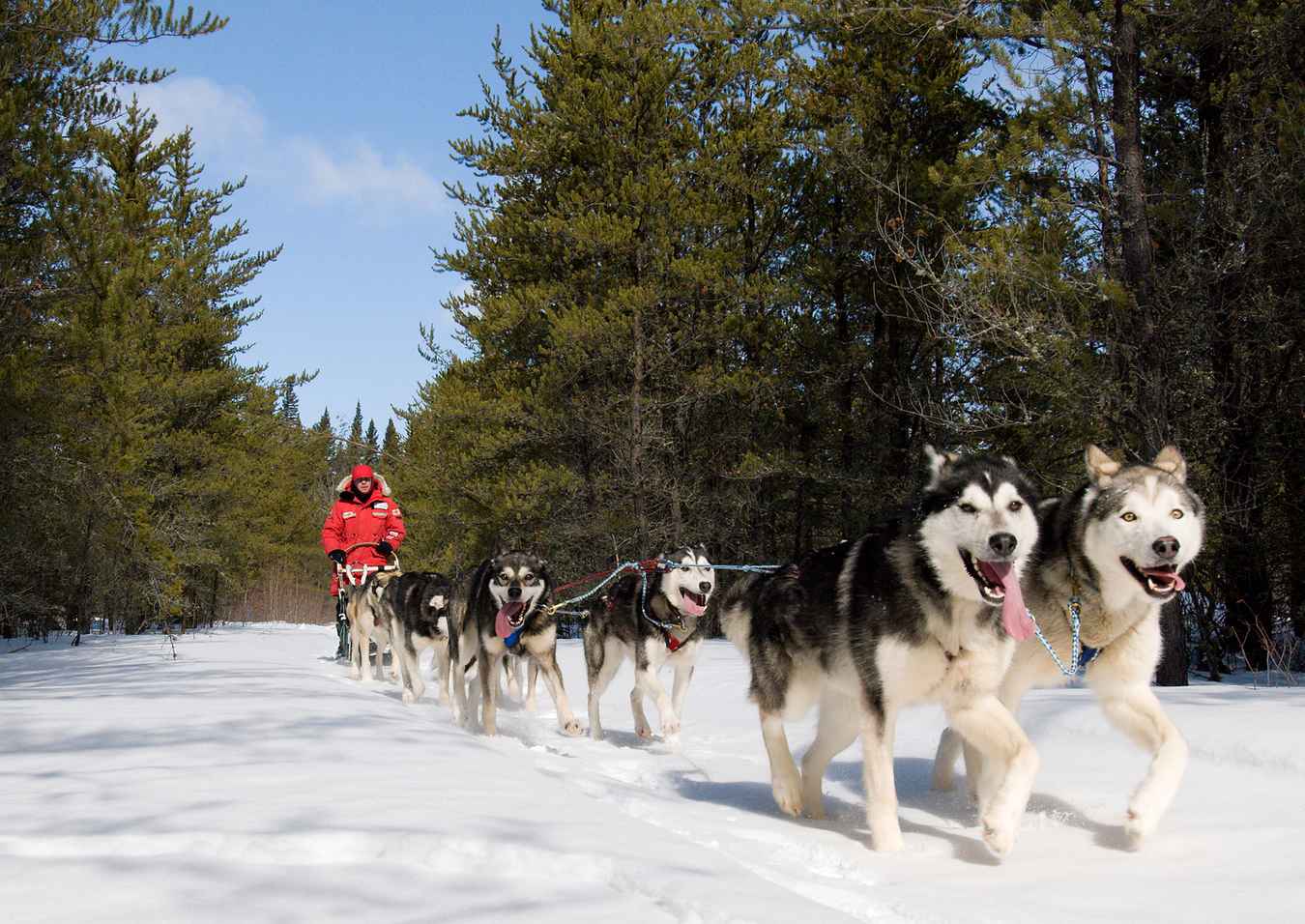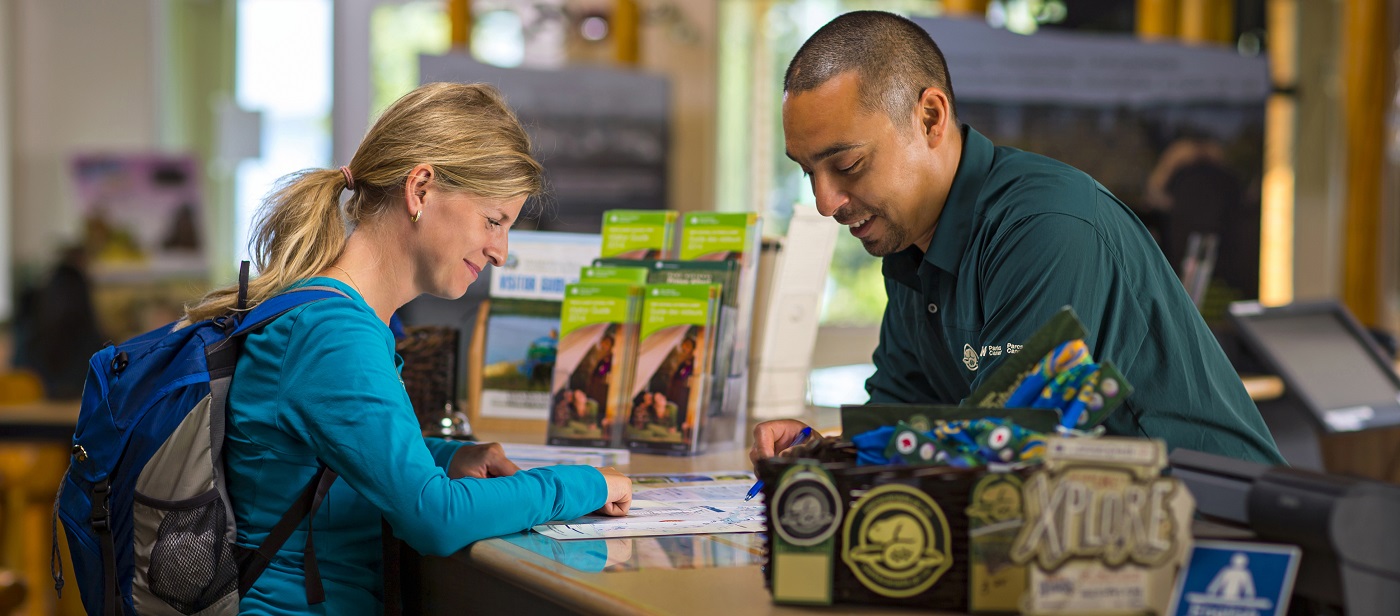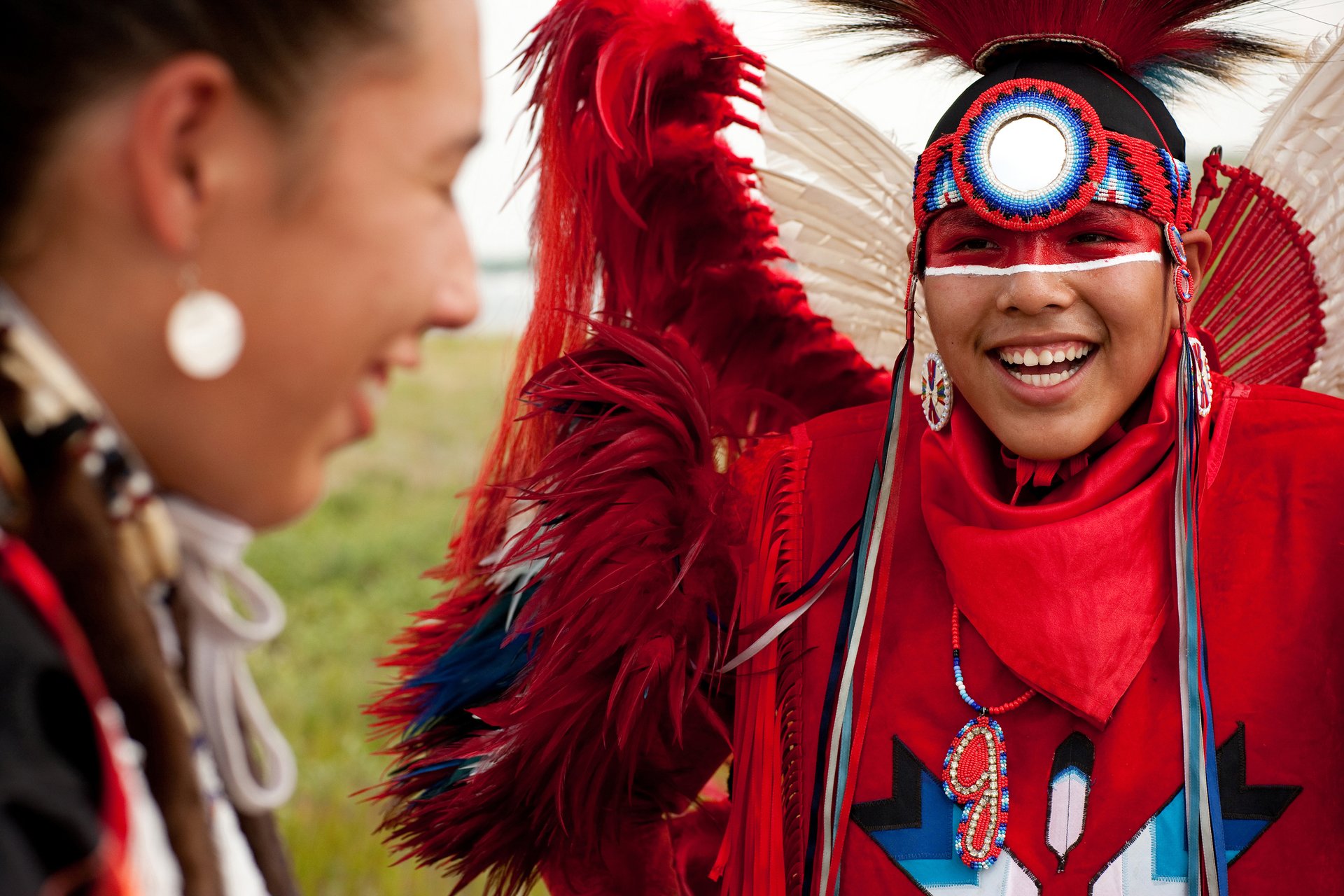Equity, Diversity, and Inclusion (EDI) Foundations
This resource helps organizations build a structured DEI (Diversity, Equity, and Inclusion) strategy by offering step-by-step guidance, templates and implementation tools. It focuses on setting goals, collecting data, tracking progress and embedding DEI into workplace culture. It’s ideal for employers at any stage of their inclusion journey.
Tailored for the tourism and hospitality sector, this framework guides employers in adopting equity, diversity and inclusion practices through incremental steps. It emphasizes leadership commitment, inclusive HR policies, communication practices and accessibility improvements. The resource encourages progress over perfection and includes practical tools from the go2HR EDI Resource Hub.
This glossary defines a broad range of terms related to diversity, equity, inclusion and accessibility, providing clarity and consistency for workplace communications. It supports inclusive language use and is a helpful reference for policy development and training initiatives.
Developed for small and medium-sized businesses, this toolkit walks employers through building inclusive HR policies to support accessibility, diversity and accommodation. It includes sample policy language, legal context and practical implementation tips. It’s especially focused on improving employment outcomes for people with disabilities.
This toolkit offers a foundational guide to understanding, recognizing and actively addressing racism in the workplace and community settings. It includes activities, discussion prompts and reflection exercises to build awareness and support inclusive practices. Designed for youth-serving organizations, the content is easily adaptable for broader workplaces.
This glossary highlights appropriate, respectful language for referring to disabilities and accessibility-related topics. It includes definitions for terms like “assistive device,” “alternative format,” and “barrier,” and promotes inclusive communication practices. It also encourages individuals to ask for and respect personal language preferences.
2SLGBTQI+ Resources
This resource provides clear definitions for a wide range of identities and terms related to gender, sexual orientation and attraction. It includes descriptions of umbrella identities like Two-Spirit, transgender, queer and nonbinary, as well as specific terms like demisexual and aromantic. The guide is designed to promote inclusive, respectful language and greater understanding of 2SLGBTQ+ communities.
This toolkit from BGC Canada supports the inclusion and affirmation of 2SLGBTQ+ youth in community organizations and workplaces. It offers guidance on inclusive language, allyship, policy development and practical strategies to create safer, more welcoming environments. Designed for program leaders, staff and volunteers, it promotes intentional and affirming spaces for all youth.
Produced by Pride at Work Canada, this guide outlines the legal rights of 2SLGBTQ+ employees across Canada. It explains what constitutes workplace discrimination and harassment, provides real case examples and highlights options for filing human rights complaints. The guide aims to empower 2SLGBTQ+ workers to advocate for themselves and hold employers accountable.
Disability Inclusion and Accessibility
This guide offers practical tips for using respectful and inclusive language when referring to people with disabilities. It highlights preferred terms and how language can shape attitudes. The goal is to promote people-first and identity-affirming language.
This resource helps ensure outdoor events are inclusive and accessible. It covers parking, signage, terrain, rest areas and washrooms. Consulting people with disabilities is encouraged to remove barriers.
Created for event planners, this toolkit outlines how to make meetings and events more inclusive. It emphasizes accessible venues, communication and engagement practices. Checklists help embed accessibility throughout the process.
This quick-reference list offers simple tips for improving accessibility. It addresses inclusive spaces, communication and service delivery. Ideal for teams beginning to build accessibility into their work.
This toolkit supports organizations in measuring disability inclusion through practical tools and data collection. It explains the value of this data, offers steps to start and addresses challenges like privacy and trust. Templates and real examples are included.
This guide explains workplace accommodations and how they’re often simple and low-cost. It defines key terms and gives examples for both visible and non-visible disabilities. The aim is to help employers support inclusion with confidence.
Indigenous Relations and Reconciliation
This resource shares practical tips for building respectful relationships with Indigenous individuals and communities. It emphasizes cultural awareness, listening, humility and reciprocity. Ideal for improving daily interactions in personal and professional settings.
This guide explains respectful language for referring to First Nations, Inuit and Métis Peoples. It highlights outdated terms to avoid and preferred alternatives rooted in self-identification. The resource supports inclusive, culturally sensitive communication.
This toolkit introduces the history and purpose of reconciliation in Canada. It suggests actions individuals and organizations can take to support reconciliation through learning and relationship-building. It centers Indigenous voices and shared responsibility.
This handbook helps tourism organizations build respectful relationships with Indigenous communities. It covers colonial history, cultural protocols, trauma-informed practice and worldview differences. The focus is on long-term, relational engagement, not transactional exchanges.




















